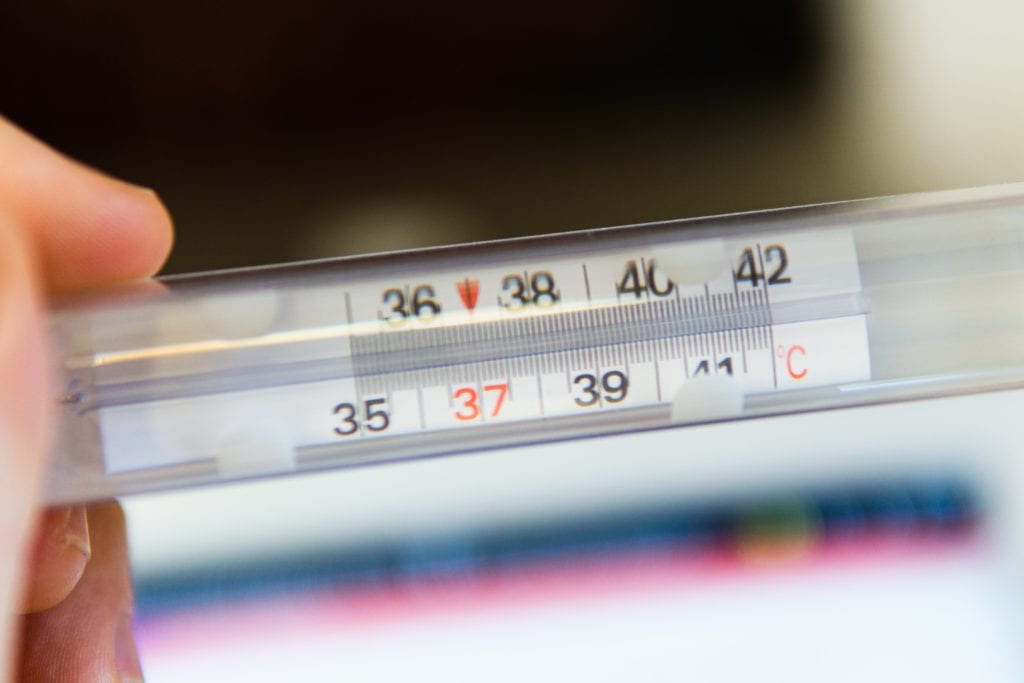Updated 11th May 2020
A few weeks ago there was huge anxiety amongst our children regarding Coronavirus. Now that many are returning to school, new fears will surely surface. Remind yourself on some important factors when talking about Coronavirus with your children.
Original article
Home school! Here are 7 tips to cope with a new way of learning.
“Think through a contingency plan if your child’s school should close and you need to start home school.”
I was shocked when out of the blue last week my 12-year-old son asked, “Mum are we going to die from coronavirus?”
To avoid helping lay the table his sister jumped in quickly with a more balanced response “Don’t be silly, it doesn’t kill children, mainly old people.”
My son is prone to anxiety and having taken the information out of context his worries were running away with him. So, as a family we had a quick discussion over our meal to allay their fears. What they said next made me feel disappointed and concerned. It appeared that the misinformation was just the tip of the iceberg.
A child in my daughter’s class who had a cough but no other symptoms was ignored and alienated from her friendship group, children who had been skiing in Italy were given the same treatment, a child who had joined the school from Asia was completely isolated with peers turning their backs and murmuring as he passed them in the playground.
Of course, as an international school with more than its fair share of parents working for international businesses and organisations, it made sense that these students should be more aware than others of the risks of the virus. After all, the parents of some of these children were at the epicentre of the global outbreak and it is perhaps inevitable that they are more informed of the situation than a “regular” school.
“We shouldn’t be surprised: children are sponges, soaking up the atmosphere around them and vocalising the fears that us parents are expressing. “
However, we need to ask ourselves the question; are we sharing too many concerns with our children? Perhaps this bullying behaviour stems from our children trying to manage their worries in a world that feels about of control. After all, when they see that their parents are anxious, they pick up on it.
While teens and tweens may be ready to talk about the more serious themes, it’s easy to forget how scared they still can be. Each child is different but giving them the facts and the context will help them. Key is ensuring that your explanations are age appropriate.
These points are easy to say but harder to do, so here are some thoughts on how to help your child stay calm:
-
Keep life as normal as possible.
Maintaining a routine that is consistent helps children deal with anxiety. Even though you may be cancelling or postponing some activities, reassure them that it won’t be forever and try to keep as much as possible from changing.
-
Focus on staying healthy, rather than avoiding getting sick.
This is a good moment to reinforce basic hygiene practises, like thorough handwashing and trying to avoid touching the face. We can also remind kids what keeps an immune system strong e.g. good sleep, diet and hygiene.
-
Keep coming back to the big picture.
Rumours may be circulating at school, on social media and amongst their friends, so encouraging them to keep the bigger picture in mind will help them keep the risk in perspective.
-
Role modelling calm behaviour will help build resilience.
Showing your children how to stay calm, when life throws them into difficult situations will help them face other challenges in the future with confidence. This is especially true for teens as they start to navigate life for themselves and start to make their own independent decisions.
-
Make sure your own anxiety is in check.
There will be moments when we feel panicky, but it is important not to pass these feelings onto our children. Try to process these feelings with friends and family or even a therapist, taking care not to alarm your children.
-
Keep your child in school unless there is advice to the contrary.
We all want to protect our children as much as possible, but the outbreak of coronavirus could last for months. Schooling is a legal requirement and as parents we have an obligation to continue to educate our children. Should you be worried about something specific, contact your child’s school and they will be able to help you. Try to avoid sharing concerns via social media which could lead to the sharing of misinformation.
-
Think through a contingency plan if your child’s school should close.
A school closure may feel impossible for families with two working parents, but this is a realistic possibility. With all international schools making plans to minimise transmission of Covid-19 it pays to be prepared. Have some idea of what you will do should your child’s school close at short notice. Will you and your partner work from home? How will you entertain the children or supervise their lessons? How will you make sure they get enough exercise? If you child has exams approaching how will you help them prepare?
Here at TutorsPlus we have put in place a plan for online lessons so our tutors can continue teaching. Most international schools also have a plan to conduct lessons online should coronavirus close their school. Some Swiss boarding schools have cancelled Easter/Spring break to avoid the chance that travel plans will cause the virus to spread to the school.
Don’t hesitate to get in touch with us should you want to organise one to one or group online lessons for your children. Our teachers are experienced and well prepared and can keep your child learning through a school closure.
If you would like to organise online tuition for your child, please click here
By Sara Lloyd – Education Consultant – TutorsPlus
Sara has been an education consultant for TutorsPlus for over 10 years and is an expert on international education in Switzerland. She is also a parent of two lively children.










